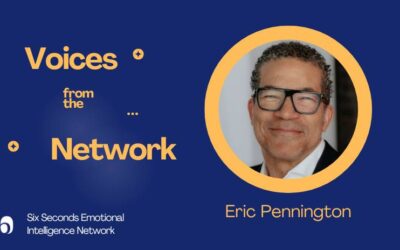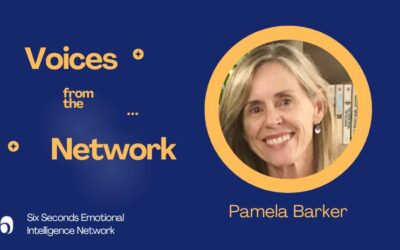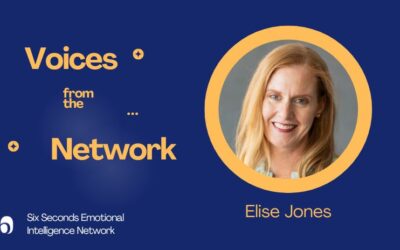What does it mean to embrace “practice” in your life? For an emotional intelligence practitioner, it might mean one thing, for a professional musician it might mean another, but perhaps there’s a remarkable intersection that always occurs when heart and mind work together.
Kelly Hall-Tompkins is a renowned New York City-based musician, acclaimed for her role last year as the fiddler in the Broadway revival of Fiddler on the Roof. But this classical violinist, who has performed internationally as a soloist and chamber player, is also a dedicated humanitarian and founder of Music Kitchen – Food for the Soul, an organization that has brought nearly 100 chamber music performances to homeless shelters in New York City and Los Angeles. You can learn more about Ms. Hall-Tompkins’ background and passionate dedication here.
“Music and the arts are an essential part of our humanity and it’s important that everyone have the opportunity to experience it.”
I spoke with Kelly about music and her life experience. . .
PS: First, let me congratulate you on being named a New Yorker of the Year by the New York Times. You were recognized for giving New Yorkers “food for the soul” through your violin, both on stage and, perhaps more important, in your outreach to the homeless. Can you tell me more about why “practicing music” for you also means bringing your musical gift to non-traditional audiences?
KHT: Thank you so much! The New York Times feature as a New Yorker of the Year was quite a surprise. I am so honored that my contact took the time to write in about me and that the Times chose me.
I started Music Kitchen after discovering that I needed to have an informal run through before a big concert and happening to do that in a shelter, could have such a profound effect on the listeners at the shelter. I know and live every day the great and wonderful power of classical music, but I must say that I realized that day that I should not take for granted even a simple run through, as it can still be a powerful vehicle to share music with a community that seems particularly receptive at this delicate moment in their lives.
Music and the arts are an essential part of our humanity and it’s important that everyone have the opportunity to experience it. I realized that it is vitally important to share the life-giving inspiration of music and, rather than limit it to run-throughs, I curate a series of music specifically brought to shelter audiences.
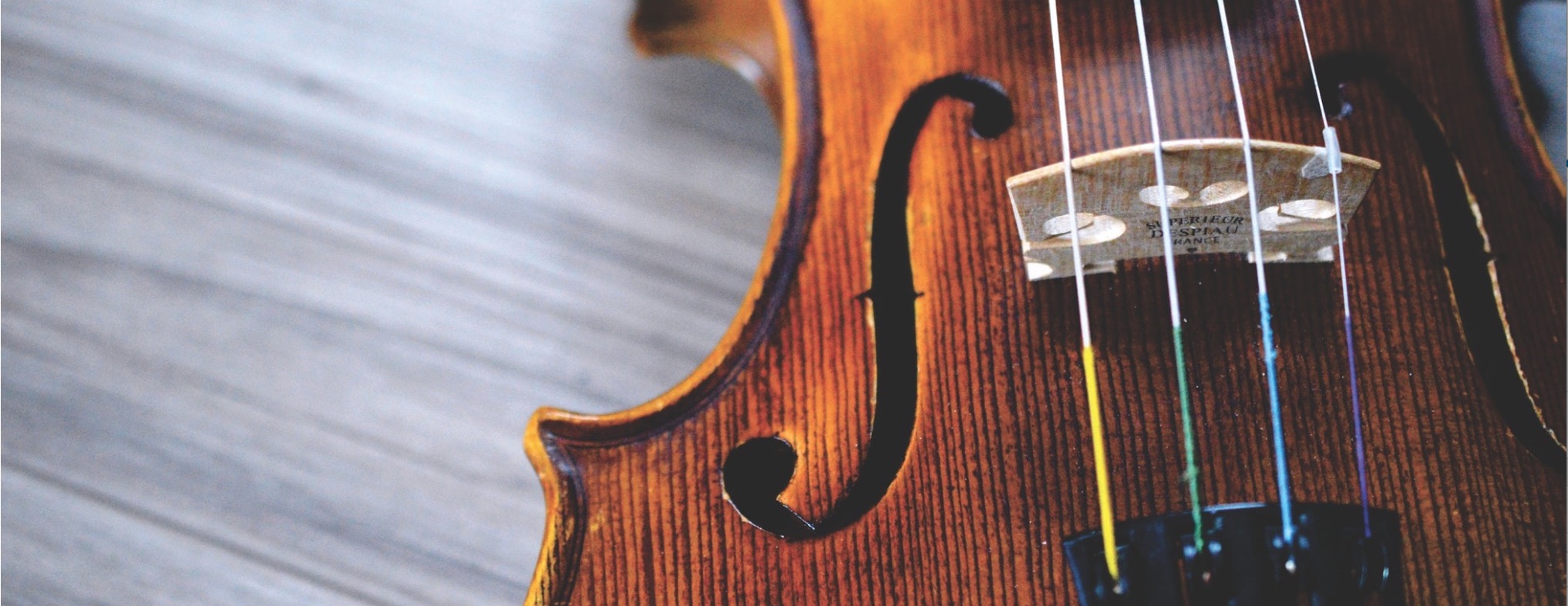
We think of practicing music as endless hours of scales and refining technique, mastering a particular piece of music, or rehearsing with an orchestra or chamber ensemble. All those things that lead to expertise before the performance, first as student and then afterwards during a musical career.
But is there another sense in which practicing music defines a musical life, one dedicated to reaching out and communicating in a language of music to create connections between people?
KHT: I love all expressions of the arts, but for me, music in all its myriad forms is the most sacred language, communicating the highest essence of our being. But classical music, in particular, can express the full range of the human experience, not just the transcendent. Practicing music to me is like something fantastical – alchemy or being endowed with additional senses. And it communicates in a way that nothing else can.
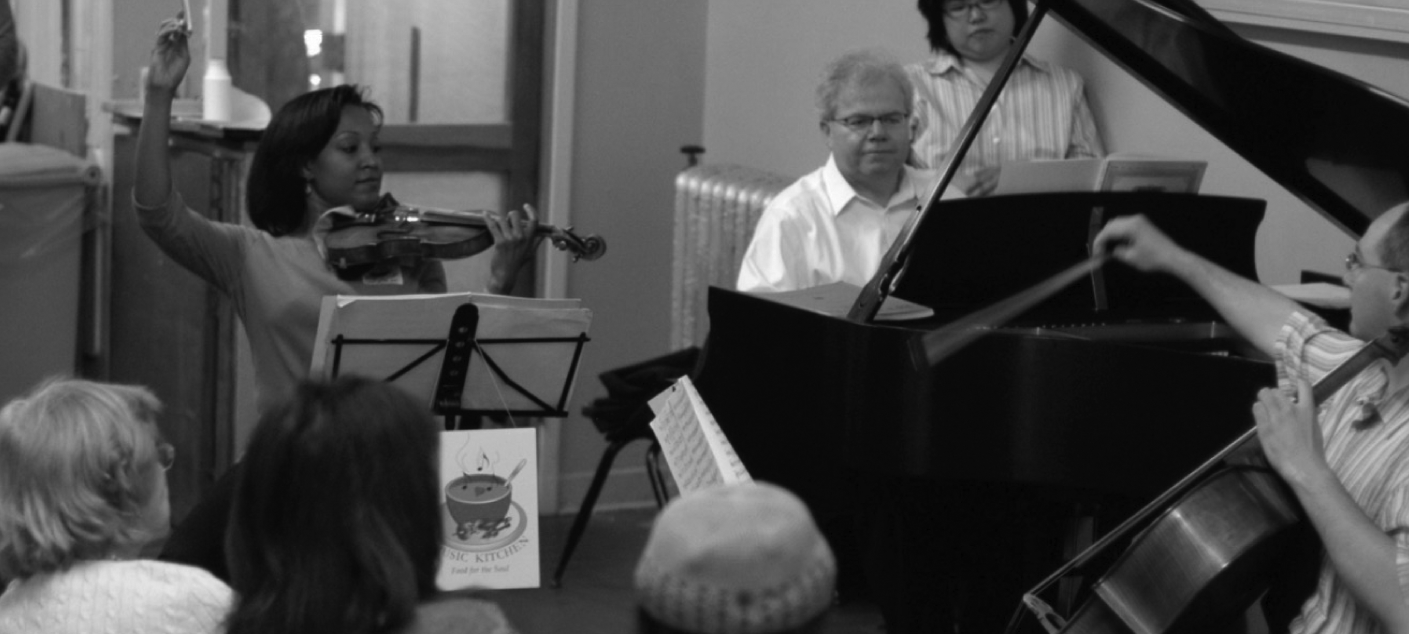
The New York Today profile on you noted that when you play at a homeless shelter or immigrant education center, almost no one in the audience has heard classical music before. Yet, by the end of one performance, you said they were cheering as if it were the winning point in the Super Bowl!
What is the innate connection to classical music that you believe produces this reaction?
KHT: Actually, there is a big mix of folks in the audience at the concerts in shelters. Some are former subscribers and concertgoers, some played an instrument in grade school, and yes, many have never heard a note of live music of any genre at any time in their lives.
I invite other artists as well who don’t just play their instruments well, but who are great communicators of the depth of emotion, nuance and excitement in the music. The Brahms G major Sextet, one of my favorite pieces of all time, and what we were playing at that particular concert, has such an exciting coda, but we were still blown away that the listeners cheered like it was the winning touchdown of the Super Bowl. So, we repeated the coda for an encore and that response was redoubled the second time around!

I also see that you have a wonderful holiday tradition of playing for your neighbors in the lobby of your New York City apartment building.
Can you tell me more about what you and your neighbors receive from this intimate gathering and why you do it year after year?
KHT: My neighbors and I love how our lobby is transformed on that evening every year to this magical place of warmth and community. We have a wonderful building and great rapport throughout the year, but like anywhere on most days, the lobby is just a place to come and go. But on that lobby concert night, people bring chairs from their apartments and also crowd to sit on the floor.
They cheer the performance that I bring, especially since they have been following with interest all year the performances I’ve been doing on Broadway and in concert halls around the world. After the concert pieces, we usually have a singalong. Our building is a community with many Orthodox Jewish families and students, Dominican families, and young professionals and elderly of numerous backgrounds – it’s so neat to have everyone singing at the end Dreidel, Dreidel, Jingle Bells, Feliz Navidad and several other holiday favorites. I also love to invite the kids in the building to draw the numbers for raffle prizes and we finish the evening by drinking punch and eating holiday treats I buy for a little reception, including Kosher selections of course.
And all of this with the backdrop of the wonderful holiday lights and decorations that another neighbor designs every year. And by the very next day we all marvel at how the magic is gone – back to a plain old lobby again, but steeped silently in the joy of another year of neighborly camaraderie.

Finally, I want to return to the idea of practicing music as an expression of living a rich, musical life in connection with others, both fellow musicians and audiences of all kinds.
What do you see ahead for yourself and how will you continue to live out this ideal combination of skill and purpose?
KHT: I absolutely love my world of music. I love pursuing the projects I know and love and I adore discovering the new projects which inspire me.
Just three weeks ago I released my new Fiddler solo CD, entitled “The Fiddler Expanding Tradition” on Broadway Records. It’s the first ever Fiddler solo disc, inspired by my 13 months as the “Fiddler”/Violin soloist on Broadway. Before that I released a first ever music video album entitled, “Imagination,” with Ysaye Solo Sonata #6 and my jazz arrangement of “Pure Imagination” which received over 1 million views on YouTube. But also in the last few weeks I performed my beloved Beethoven Violin Concerto and childhood favorites Saint-Saëns Rondo Capriccioso and Beethoven Romance.
I will continue to lead an entrepreneurial career of creating new and interesting projects, reaching expanding audiences, and I see myself as an artist who defies the idea of artistic silos.
Kelly, thank you so much for sharing your thoughts and feelings with us. I know they will be a powerful example for others who strive to create meaning in their lives.
Each quarter, Six Seconds, a global emotional intelligence network, identifies a theme and sponsors activities around the world that embody the values of EQ, such as self-awareness, intentional decision-making, empathy, and purpose. Our theme for the first quarter of 2018 is Practice. To learn more about emotional intelligence and how to practice EQ in your life, please visit our introduction to EQ page on the Six Seconds’ website here.
What's new in emotional intelligence?
From Enemy to Ally: How Eric Pennington Changed His Relationship with His Own Emotions – and Found His Life’s Purpose
How emotional intelligence helped Eric Pennington transform corporate life setbacks into strengths – and find purpose in both work and life.
Helping Others Achieve Overall Well-being and Healthy Connections: How Emotional Intelligence Guided Pamela Barker’s Career Path Growth
Pamela Barker’s journey began with healing bodies, but it was her discovery of emotional intelligence that unlocked her true purpose: helping others achieve overall well-being and healthy connections. From her days as a physical therapist to becoming a passionate EQ coach, Pamela’s story is one of transformation, resilience, and the power of connection. Her experience shows that real change starts from within.
Harnessing Emotional Intelligence: How Sara Canna Supports Employees and Transforms People’s Lives at the World Health Organization (WHO)
Emotional intelligence is more than just a buzzword—it’s a transformative tool that can reshape how we navigate challenges, build relationships, and thrive in demanding environments. Discover how Sara Canna brought EQ to the World Health Organization, empowering employees to manage change, stress, and personal growth.
From Corporate Consultant to Coach: Elise Jones’ Emotional Intelligence Journey-Voices from the Network
Elise Jones transformed her career by embracing emotional intelligence, shifting from a corporate consultant to a passionate EQ Coach. Through authentic connections, she found deeper fulfilment, proving that strong relationships are key to a happier, more meaningful life.
Want to Manage Your Emotions More Effectively? Find Time to Journal About Challenging Experiences
Daily journaling to reframe unpleasant events can significantly reduce depressive symptoms, lessen stress, and increase life satisfaction.
A Journey through Empathy & Optimism: Amy Jimison in Voices from the Network
When you feel stuck and can’t see a way out, how do you navigate change? Certified Coach and leadership expert Amy Jimison shares her approach.
- Lessons from Patagonia - May 15, 2018
- How to Lead People in a VUCA World: Siemens Case - April 25, 2018
- Practicing Music: Creating Food for the Soul - March 11, 2018

